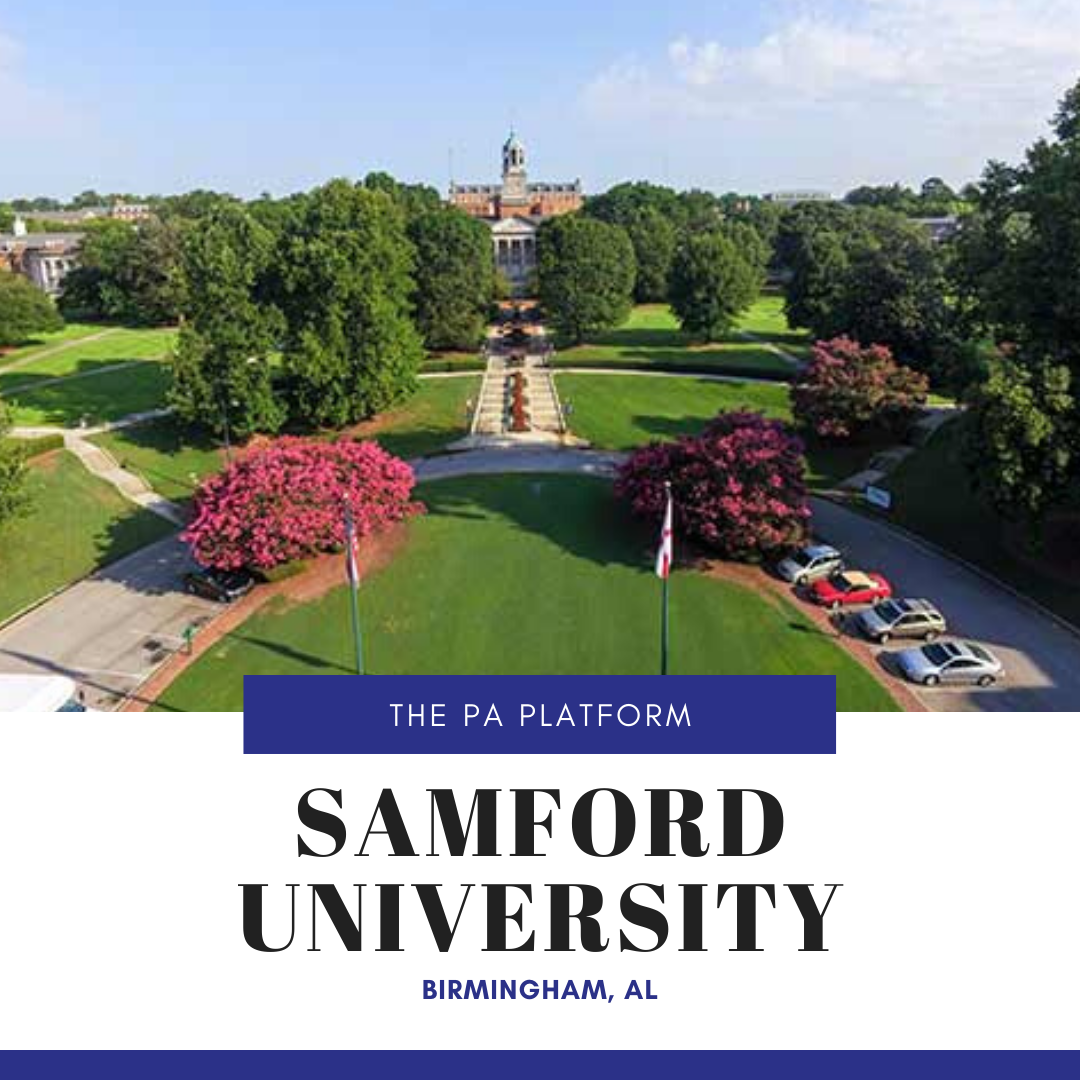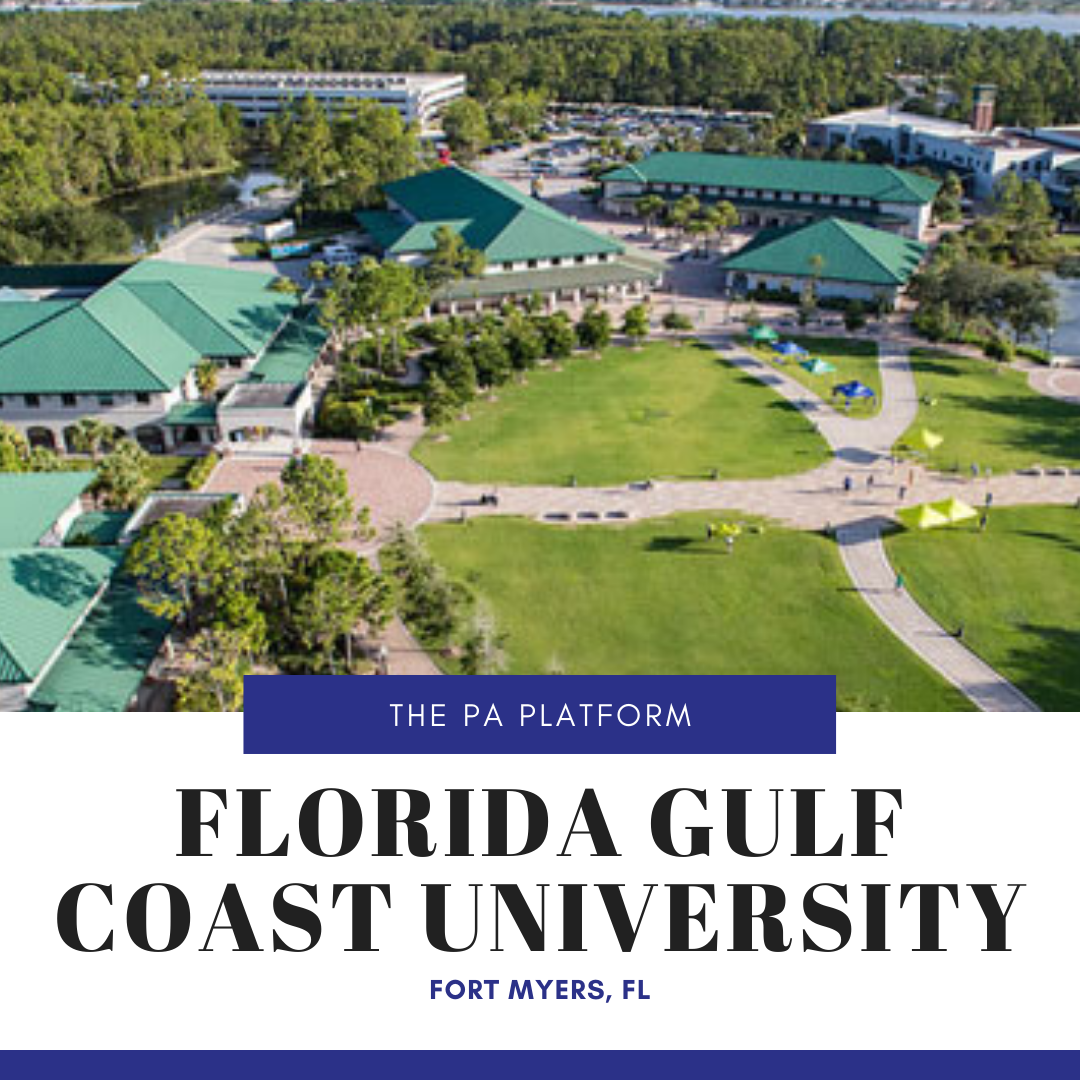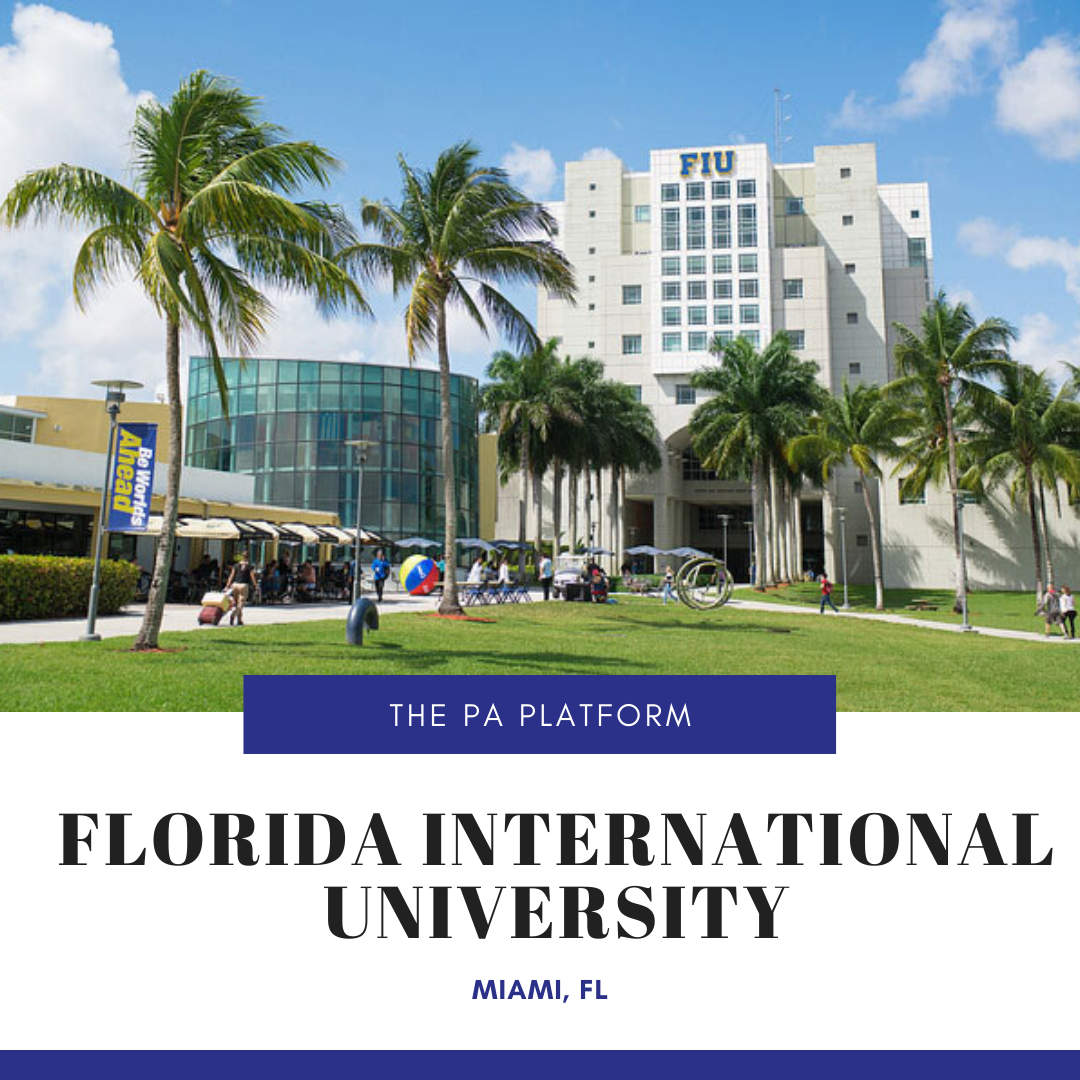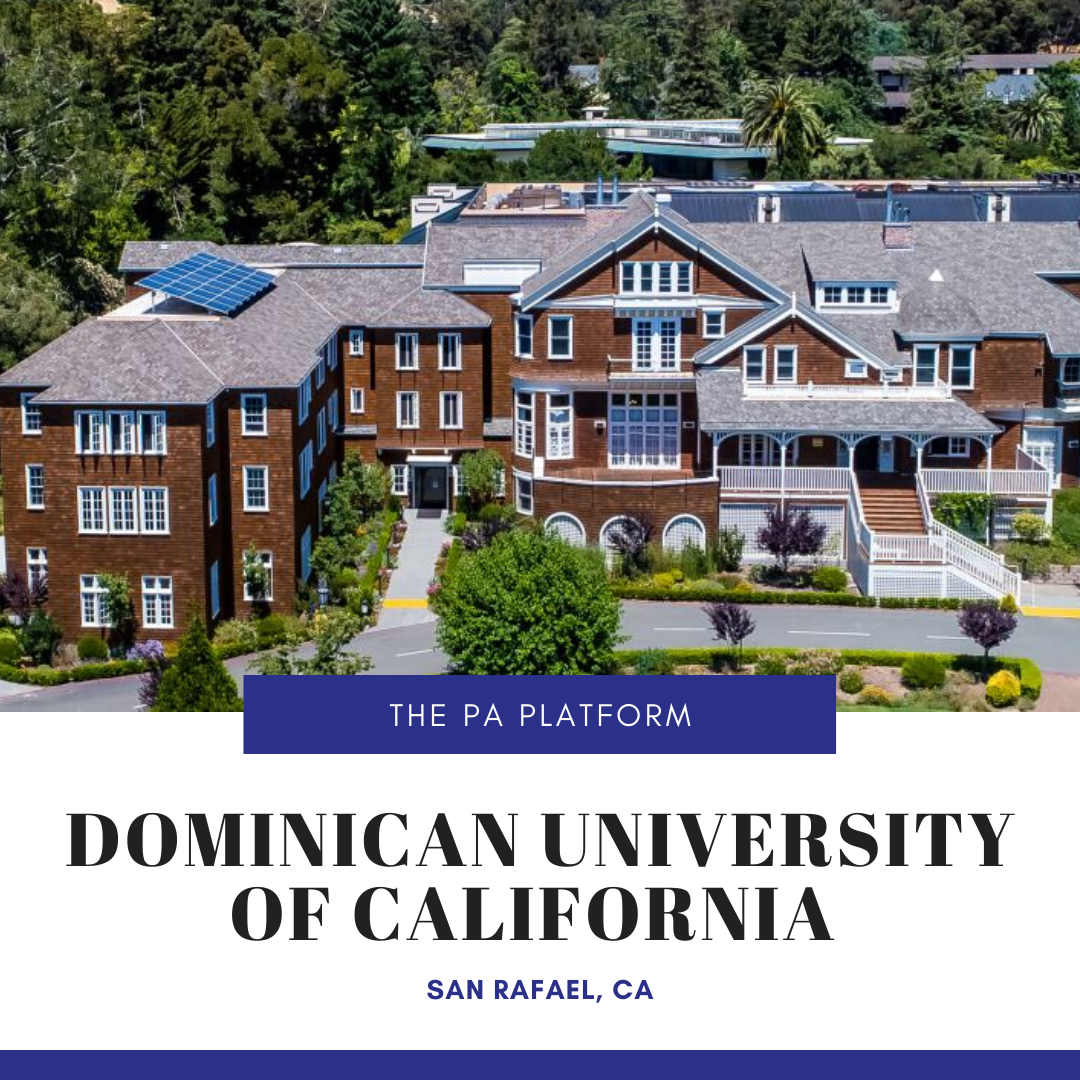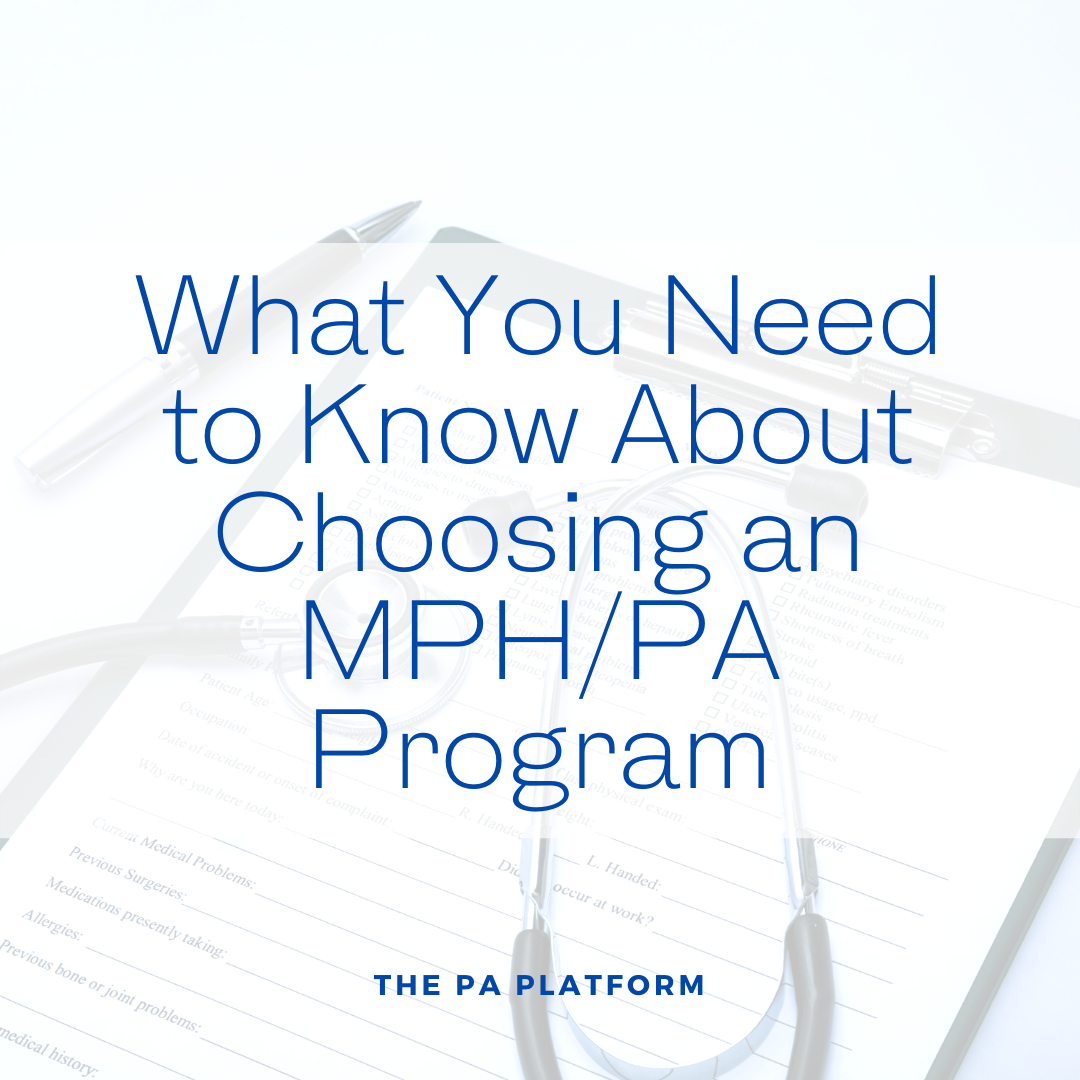Hello readers of The PA Platform!
I’m Emily and I’m a pre-medical/pre-pa student that runs TheOrganizedUndergrad. I’m currently a sophomore in college and I’m a Health Science major/Human Biology minor. Since I have a full year of undergrad under my belt, I would love to share some insight on the things that I’m doing to better prepare me for the medical profession.
First off, I am in a sorority (Chi Omega) and I hold a leadership position as the Director of Campus Activities. This is just a fancy title that means I keep my sorority chapter involved with the school and other on-campus organizations. I act as a liaison between us and the Director of Greek Life, as well as plan various events such as Greek Week. I can’t stress enough how Chi Omega keeps me feeling supported and motivated when I’m stressing about school. It is my creative outlet away from science and medicine. I have also gained a wonderful friend group and support system by joining Chi Omega.
Second, I foster good relationships with my professors. Whether you’re pursing medical school or PA school, you are going to need outstanding letters of recommendation. Showing up to class every day, on time, communicating, asking for help, and following through are excellent ways to show your professors that you are worth recommending. Even if you make a sub-par grade in the class, if the professor knows that you have given your 110% effort, they will respect you for that. I also let my professors know that I appreciate them by sending them a thank-you card at the end of the semester. This helps them remember you with a positive impression. If possible, I take multiple classes with the same professor (if they are good!) to help solidify relationships and keep consistency.
Third, I think it’s important to keep balance in your academics and extra-curricular activities. I was the queen of “over-doing it” when I was in high school. I spread myself so thin that my grades and my relationships started to suffer. I am keeping myself limited in what I will say “Yes” to during college. I think that maintaining friendships and a social life positively impacts grades and academics. It’s very possible to burn yourself out in college by doing things that don’t really interest you. This spring, I will be taking an EMT-Basic class at my local community college to gain health-care experience and make some money for school. I am very excited for that!
Lastly, be brave, it’s amazing what people will tell you when you ask. I reach out to every medical professional that I can about their experience in health care. I have spoken with Nurses, NP’s, Physicians, and PA’s. I have narrowed down that I love the medical model, thus I am deciding between PA and MD. You can’t ever have enough information or perspective, so ask everybody and anybody what their opinions and experiences are. Also, I would caution prospective health care professionals to stay away from websites like studentdoctor.com. They are forum-based and tend to become negative and discouraging frequently. Speak only with people who have real experience and knowledge, rather than someone hiding behind a username.
I also wanted to highlight some very cool things that I have seen while shadowing! So far, I have shadowed a Cardiothoracic Surgeon, a Cardiothoracic PA, and an Anesthesiologist. As far as full-length surgery, I saw three CABG (Coronary Artery Bypass Grafting) surgeries and a Cesarean section. I also ran around the surgical unit with the Anesthesiologist and saw small portions of a vaginal hysterectomy, a robotic lung surgery and an abdominal surgery. On my days shadowing the PA, we rounded on patients all morning and I watched as he updated their medications and discharged some patients. He removed their chest tubes and also showed me a patient with subcutaneous emphysema (air bubbles under the skin) and it felt like a rice krispie treat. My best experience was with a patient that had surgery (that I watched) on Sunday morning that had a very high mortality rate. They pulled through and I actually watched them get discharged on Friday afternoon. It was very gratifying to see them make it home. A big thing that I learned from this experience is that I really love talking to patients, and I don’t think that the surgical environment is for me.
I start my sophomore year of college in just under a week, and I will (hopefully) be expanding my experiences and learning more about the healthcare profession that I love!
Please feel free to contact me through my website, www.theorganizedundergrad.com. I would be happy to answer any questions and would love to hear about your experiences!

